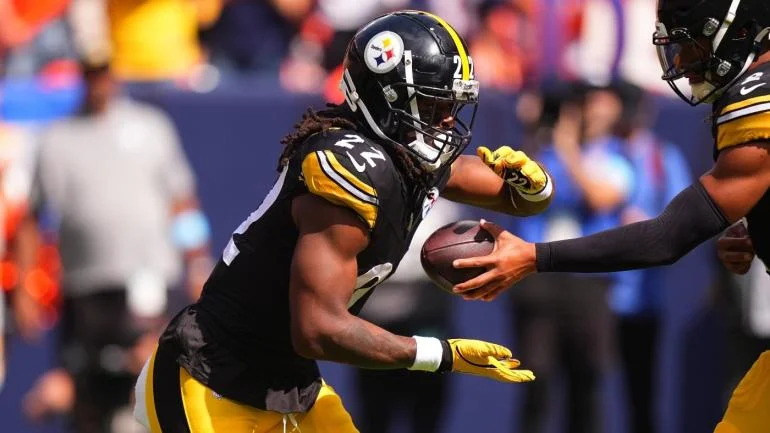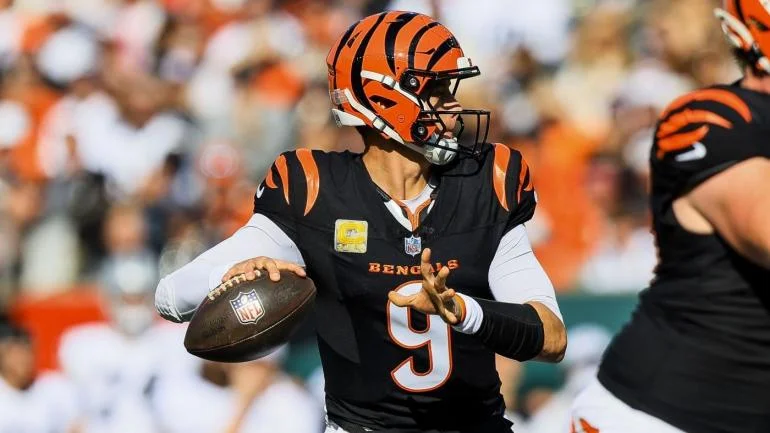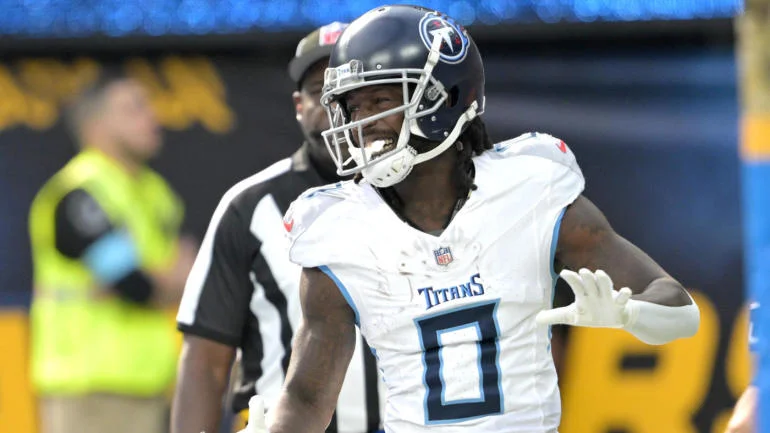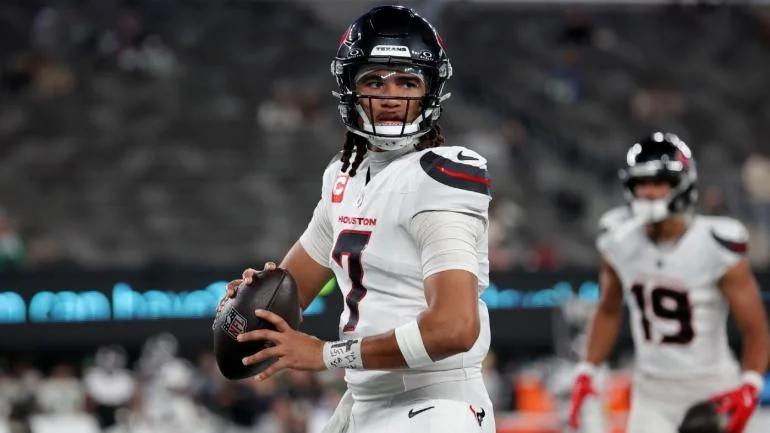Nov 30, 2015; Cleveland, OH, USA; Cleveland Browns fans including Pumpkinhead during the second quarter at FirstEnergy Stadium. Mandatory Credit: Ken Blaze-USA TODAY Sports
Welcome back to “Was it Worth It?” where every few days we will be exploring (okay, *I* will be exploring, and you mainly reading about it) all of the noteworthy QB dilemmas teams around the league faced this offseason and how they handled them, with my analysis of whether or not they have made the right decision. This week: The Cleveland Browns.
Well, this is awkward. First off, any comments on the Browns generally have to adhere to one of two themes. The first is some variation of “lol Browns,” the other, more recent theme is somewhere along the lines of “they are doing everything right and are gonna be great soon.” Unfortunately, the truth is more in the middle. Secondly, I’ve generally been starting these articles off by talking about whichever quarterback the franchise has tried to build around for the past few years, talking about how the team has fared under said quarterback’s leadership, then usually wrap up with a quick summary of the decision to retain him or let him go. The problem is that Cleveland hasn’t seemed to make any attempt to build around a single QB. It could be fun to talk about Manziel, but he was gone before the 2016 season started. Robert Griffin III was released this offseason, but he only started 5 games. Cody Kessler? Less than half a season, and there was no contract decision to be made for him. They did just acquire Osweiler, but I will be talking about him a lot in my next article.
I guess I have to talk about Josh McCown. I’ve mentioned him before, both in my Bears and Jets articles, but now a third franchise? How many franchises could possibly still be interested in a 37-year-old QB who wasn’t even that good in his prime?
If they’re smart, a lot of them.
For those of you thinking that Josh McCown has no business as an NFL starter…I agree. Hell, for most of his career his performance hasn’t even been backup-worthy. His total career averages out to a very underwhelming 4.37 adjusted net yards per attempt, the kind of efficiency that would lose a starting QB his job, maybe even his place on the team. Even if we only go back to 2013 his average only improves to 5.33, which is…acceptable for a backup, but a full half yard below the line for a “capable starter.” It’s also not like teams are keeping him around for his potential, either. At 37, I think it’s pretty safe to say that he’s reached his ceiling. So, if he doesn’t have potential to be a franchise starter one day, and is only adequate as a backup, why is he a big deal?
Because he can help a young QB develop.
Notice that I didn’t say that he can help develop a young QB. The truth is that if he were instrumental in teaching young QBs how to read coverages and really helping them get better at going through progressions, we’d know. We’d have several QBs in the middle of their careers talking about how much they learned from him and that he was part of why they are so great now. That just isn’t happening. However, young players do learn from vets, and there is a lot to learn from Josh McCown, just maybe not on the field. Joe Caporoso wrote a pretty impressive article for Turn on the Jets challenging the myth of McCown as a mentor, but despite some solid logic and references, there was one significant oversight that I want to write about. Bear with me, because I am about to talk out of my ass so blatantly that Jim Carrey might very well sue me.
I believe that there are two types of backup veteran quarterbacks. First, you have journeyman competitors. A great example would be what the New York Jets from 2014 and 2015 seemingly wanted, bringing in Vick and then Fitzpatrick. Both were expected to pressure the presumed starter to play better under threat of losing their job to a known, viable commodity. These backups are required to have ambition (a key reason Vick didn’t work out) and either some previous success or a LOT of time potentially left in a career. Most of the QBs Joe Caporoso listed as cheaper alternatives to McCown fell in this category.
Second, you have the sages. These guys have been in the business a long time, and know that their window to be a franchise QB has closed, but don’t want to hang ’em up yet. The reasons vary person to person, but what matters is that despite their ability, being under center isn’t the most important thing to them anymore. Examples here are harder to find, but consider Matt Hasselbeck 2013-2015, or Josh McCown right now. What these quarterbacks bring to the table is stability. A sage will be ready should something happen, but the starter can feel comfortable that no one is out to steal the job from them, creating a locker room where mistakes can be admitted and advice sought freely. This is what general managers are paying extra for. But would a young QB really have anything to learn from McCown? Is there anything about him a young QB would want to emulate?
Believe it or not, McCown is a success story. At 38 years old, McCown will earn more than he has at any point in his career. To have had the career he’s had and yet be so sought after, he’s clearly doing a lot right. If he isn’t impressing on the field (and stats-wise, he isn’t), then he’s clearly working damn well off of it, earning the trust and respect of his teammates and coaches, and you only need to look at a story from last season to see why. Remember, this didn’t happen with a team trying for a championship or even a playoff berth. This was for the last-place Cleveland Browns. How many players do you think would really risk their long-term health to play injured for a team like that? Well, we know one. And if there’s one NFL team one would expect to appreciate that kind of mentality, surely, it’s the Cleveland Browns…right?
Yeah, time to actually talk about the Browns 2016 season. It started oddly. By week seven, five different QBs had effectively served as the starter, and all of them saw only losses. As bad as that sounds, I didn’t believe the season was going to go anywhere near as badly as it did. I remember after the first four games thinking that this was a really competitive team. Weeks 2, 3, and 4 were all such winnable games, all with such, forgive me…Browns-like complications. The taunting penalty in week 2 seemed ridiculous at the time, but the entire league was dealing with inconsistent conduct rules. The field goals against the Dolphins I wrote off as bad luck, as other teams have had that happen to them. That is one of the few times I blamed a kicker for a loss, though (I’m normally very generous toward them), as the Browns were clearly good enough to beat the Dolphins that week. Week 4, on the other hand, seemed like the killing blow. I know this isn’t really related to the topic, and I know that the Redskins still could have won had the fumble call gone as it clearly should have, but the Browns deserved some justice after that game, even if it was just admitting that a mistake had been made. Now, I’m sure Browns fans are fairly accustomed to being screwed by refs, but as a non-Browns fan, the league’s “double down” on that play call permanently killed just a little more respect for the “shield.”
So, quarterback time. To save time (because I’ve wasted a lot of it), the Browns had three QBs with at least 100 attempts, and I’ll only talk about those. Personally, I place very little stock in seasons where a QB plays under half the games, but there are some comparisons to be made. Robert Griffin III was horribly inefficient as a passer, struggling to generate significant yardage. Add to that the fact that he missed 26 games over the last two years, and it’s difficult to make a strong case for keeping him. His overall TANY/A was 3.97, higher than his passing alone, which is pretty rare (though the small sample size likely plays into that). Josh McCown had roughly the same number of plays and was a noticeably more efficient passer, but his 7 fumbles on only 25 sacks and rushes is insanely bad. Even if he never ran out of bounds or slid, that would be a 28% fumbling rate whenever he was tackled. Those fumbles dropped his TANY/A to a 3.62. Then there was Cody Kessler, the rookie. Kessler had the highest yards per attempt, the lowest sack percentage, and the lowest turnover percentage. He posted a TANY/A of 5.28, significantly above what most rookies manage. Again, I must stress a small sample size, but how many people expected that a third round QB for the Browns would be more efficient than both Jared Goff and Carson Wentz?
On to the offseason. Josh McCown and Robert Griffin III were both released with one year remaining on their contracts. Honestly, I think a case could have been made for keeping either of them. When Griffin was released, I was actually kind of expecting him to come right back on a cheaper contract. $6.9 million was saved by releasing him, and I definitely feel he was worth less than that. The Browns, however, made a huge splash by acquiring Brock Osweiler AND a second round pick from Houston. Osweiler will come to Cleveland on what amounts to a one-year, $16 million deal with a team option to extend for another two years and $35 million. I actually thought that this was a really good deal for them and that it fit their team-building strategy almost perfectly. Then, in the 2017 Draft, the Browns selected DeShone Kizer. This pick made little sense to me. I’m not knocking the player. However, the combination of Osweiler, Kessler, and Kizer is a problematic one.
I’ll talk more about Osweiler in my next article, though maybe not as much as some hope. Suffice to say that both the Broncos and the Texans thought Osweiler had the talent to be a franchise starter, and the Browns seem to feel that way as well. They’re probably right. In addition, Brock does have some experience, having started 23 NFL games (including playoffs) for two different teams. However, by Osweiler’s own admission, his fundamentals need work, and he’ll need to learn a new playbook. He will still need dedicated coaching and first team reps to continue developing.
Kessler has played well, but still, has less than half a season of on-field experience. In addition, he will be working with new receivers and a new QB coach. He will still need dedicated coaching and first team reps to continue developing.
Kizer is an NFL rookie. This one should be a given.
With either McCown or Griffin, coaches would be able to let them kind of learn on their own, as neither needed help learning the system nor was either being targeted for long-term plans. This would have given the other QBs on the roster more needed time with the coaching staff and first team players. While I think the Browns have done a lot right this year, I do think this was a mistake. Still, the Browns undeniably have more potential than before, even if it seems impossible for all of it to be realized.
Was it worth it? Yes, but some tough decisions will need to be made after this season.
The next article will be on the Houston Texans. As before, I will be checking out the comments on Reddit beforehand, so let me know what you think. Anything particularly intelligent or funny will get a mention.




